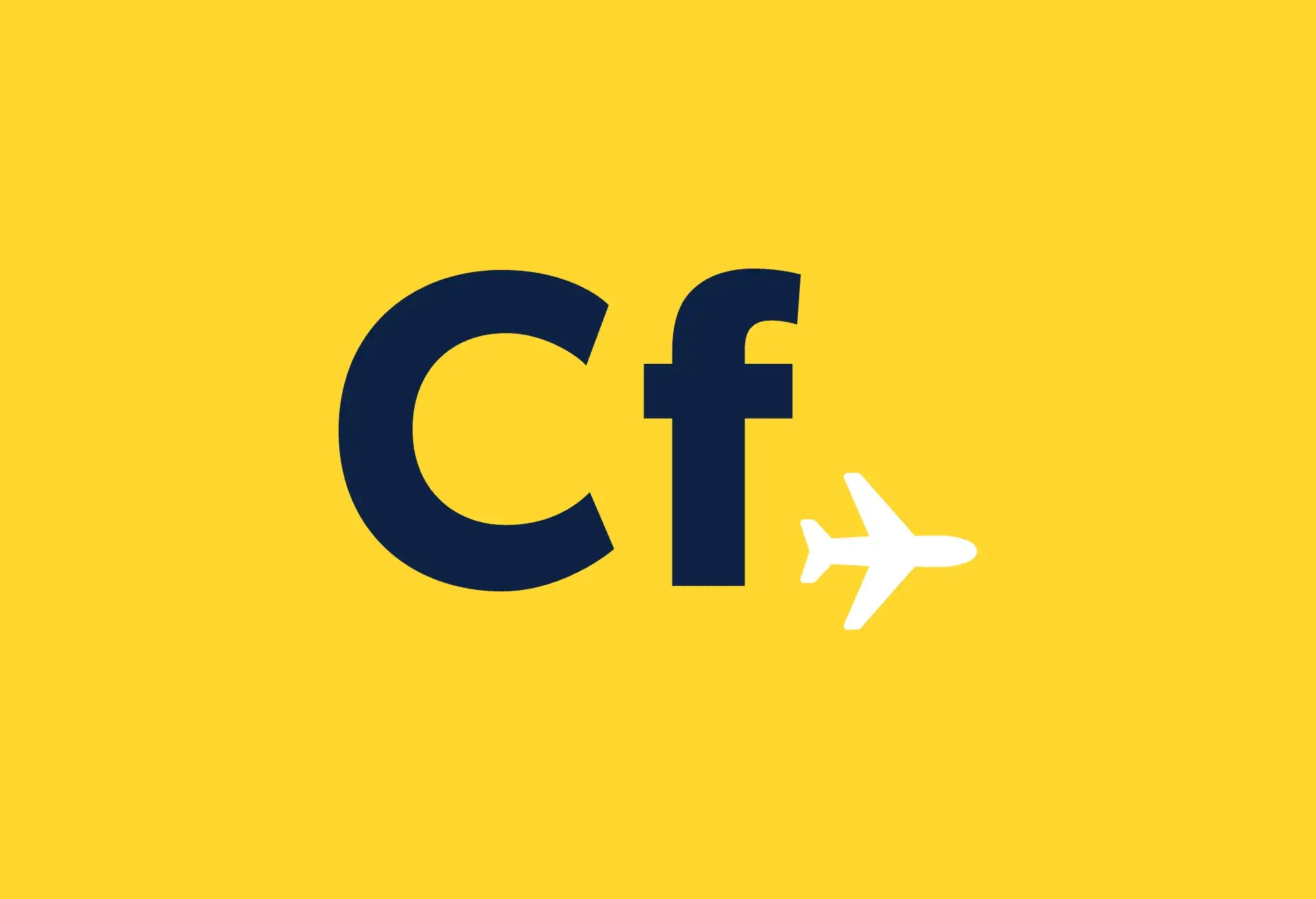How do you know if you have swine flu? What should you do if you get the flu during your vacation? What are the airlines’ policies around flights if you have the H1N1 virus? The questions around swine flu and the H1N1 virus are endless, but the answers are even more obscure.
No that the holiday season is upon us, it’s time to start thinking ahead, book your flights, and plan for the unexpected, including what to do if you get the flu.
Here’s the bottom line: The airlines have no set policies regarding H1N1, but with a little precaution and a lot of patience, travelers can ensure a safe and healthy travel season.
What to do if you have the flu:
If you think you have the flu – swine or otherwise – your first step toward getting help with your travel plans is to call your airline, and ask for help rearranging your travel plans without fees. The reality is that the airlines don’t want you on board if you’re sick, and they’ll help change your flights, if possible.
Will you have to pay a change fee? It’s possible, but you can try to lessen the cost by being flexible with your travel dates. Health authorities are advising those affected with the flu to stay home – grab a doctor’s note and that will usually get you out of paying fees.
If you’re charged a fee and you want to repeal, you do have rights. Airlines require documentation when processing refunds so keep track of all your conversations including who you spoke with at the airline, your booking reference number and the dates you were sick. Speak with a manager or call the airline’s corporate office when you’re feeling better.
Plan ahead: As flu season approaches it’s likely the airlines will be inundated with flu concerns. If you can change your flights and travel plans in advance, it’s likely you’ll get some recourse from the airlines.
What are the airline policies regarding H1N1 / Swine flu?
Simple: there are none.
Earlier in the year, when travel to Mexico was on high-alert due to swine flu concerns, the airlines were a little more flexible with last-minute cancellations. However, since the Centers for Disease Control and Prevention has announced it’s safe to travel, airlines have opened up their cabins to the world.
If you’re considering boarding the flight for fear of paying a fee consider this: airline agents are allowed to prevent passengers from boarding if they seem severely ill. This could cause more headaches so think about the options before you board the flight – if you’re sick and possibly contagious, it might be better to change your flight, and deal with any incurred fees after you’ve recovered and are feeling up for the fight.
Airlines are, however, cautious of swine flu outbreaks and will waive
change fees and offer refunds on a case-by-case basis. The best
round-up of cancellation policies I found was courtesy of SmartMoney.com.
How to avoid Swine flu:
The flu is contagious and if you’ve got it, you’ll spread it, so take proper precautions before traveling.
Basic hygiene rules apply: wash your hands, use hand sanitizer, and if you have to sneeze or cough, do so in a contained area (like into a Kleenex or the sleeve of your shirt, if necessary).
Before you travel, visit the CDC’s Web page at www.cdc.gov/swineflu for basic information on flu symptoms and travel updates. Of course, always check with your airline before your planned flight as rules and regulations can change daily.
© Cheapflights Ltd Melanie Nayer


